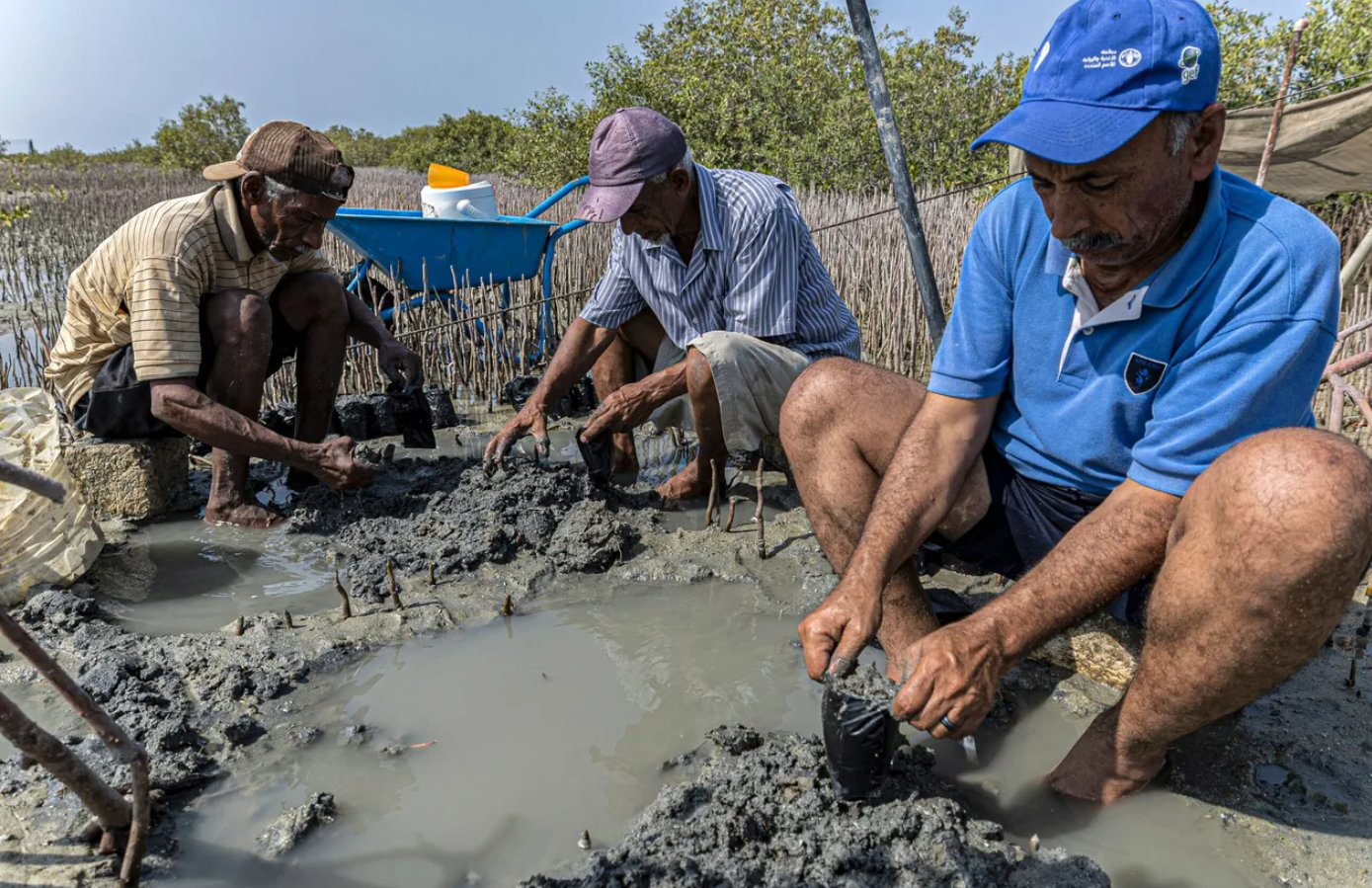Top environmental fund chief calls on countries to defund activities ‘destroying’ nature. A new global fund for nature conservation alone won’t do much to solve the biodiversity crisis. This is according to the CEO of the Global Environment Facility.
Countries have pledged to channel more money toward environmental protection. But that won’t be enough to tackle biodiversity loss if they also continue to pour cash into sectors like the oil and gas industry that are damaging the environment.
“The political challenge is not mobilizing resources; it’s something more complicated: to stop investing in those activities that destroy nature,” said Carlos Manuel Rodrguez, CEO of the Global Environment Facility (GEF). GEF is an international funding structure that assists countries in reaching global green goals.
“We are a million years behind where we need to be,” he said.
His comments come as countries gather in Vancouver starting Tuesday to discuss how to boost international funding for nature conservation. As part of the conference, Rodriguez plans to establish a new fund to assist poor nations in attaining the ambitious biodiversity protection objectives agreed upon at last year’s global COP15 biodiversity summit.
Top environmental fund chief calls on countries to defund activities ‘destroying’ nature
The creation of the fund was a key condition for developing countries to back the final agreement. They claimed that they should be rewarded for their efforts to preserve biodiversity. Particularly when it prevents them from developing other economic activities like fossil fuel extraction, forestry, or agriculture.
As part of the deal, countries pledged to raise $200 billion annually for nature conservation from public and private sources by 2030. Rich countries agreed to contribute $20 billion per year by 2025 and $30 billion by 2030 to meet that global goal. These are funds that Rodriguez said he hopes will flow through the new fund.
That’s not guaranteed. Countries can also decide to contribute money through bilateral partnerships instead of going through the GEF.
According to Rodriguez, the new fund will make it easier and faster for developing countries to access cash. 36 percent of the money goes to least developed countries and small island developing states. Also 20 percent goes toward supporting indigenous peoples and local communities.
Read more at politico.eu
Photo: politico.eu


Leave a Reply